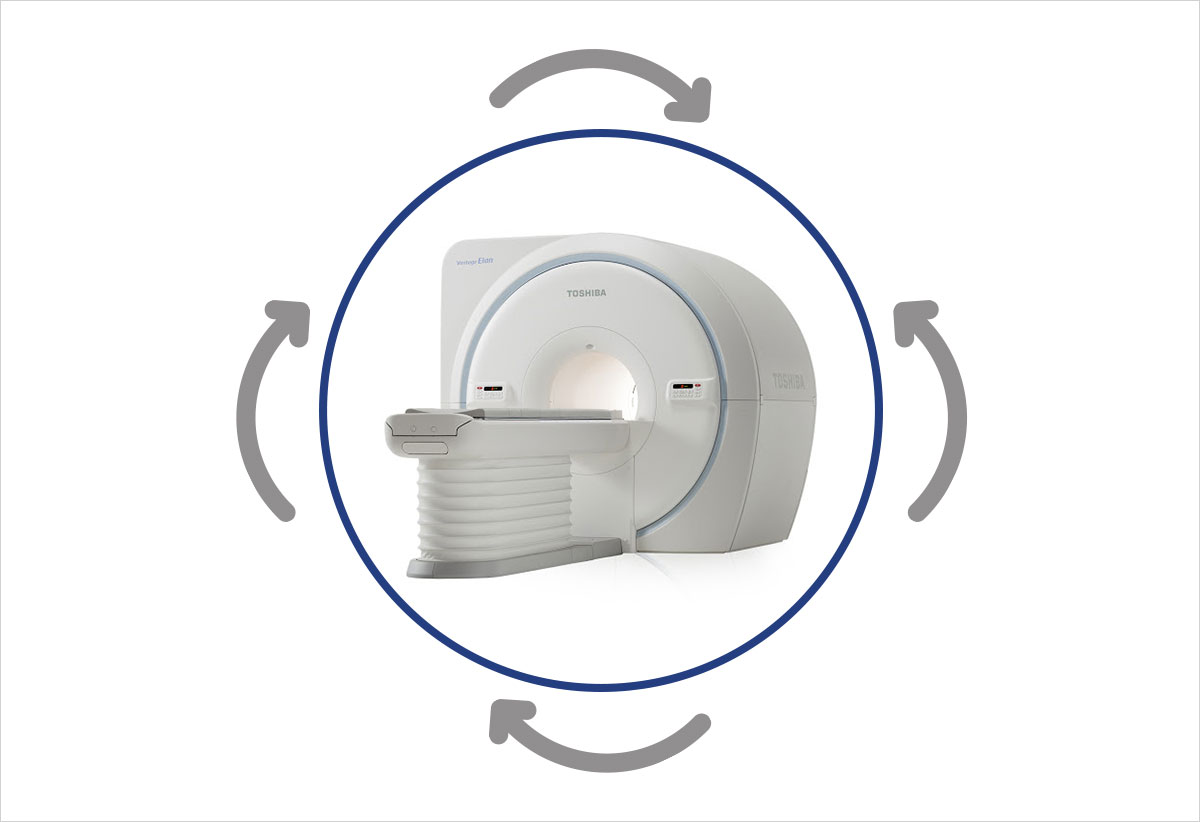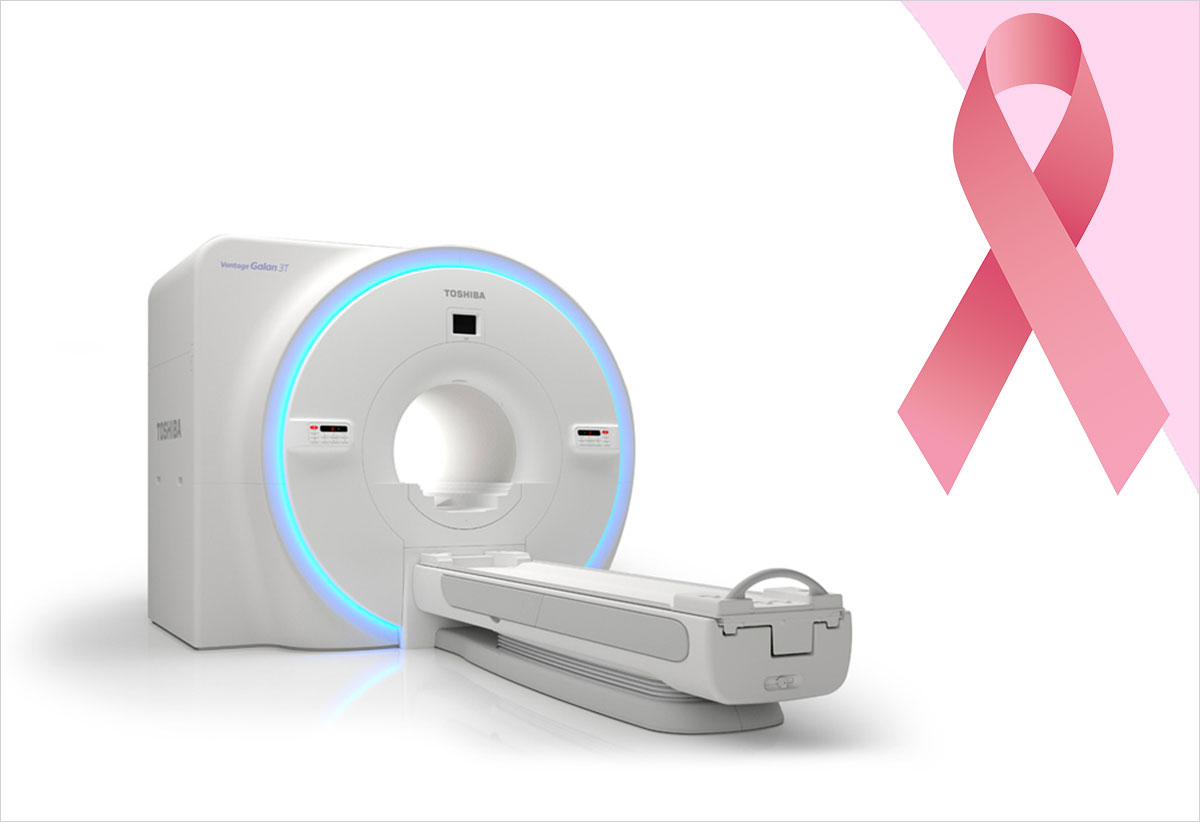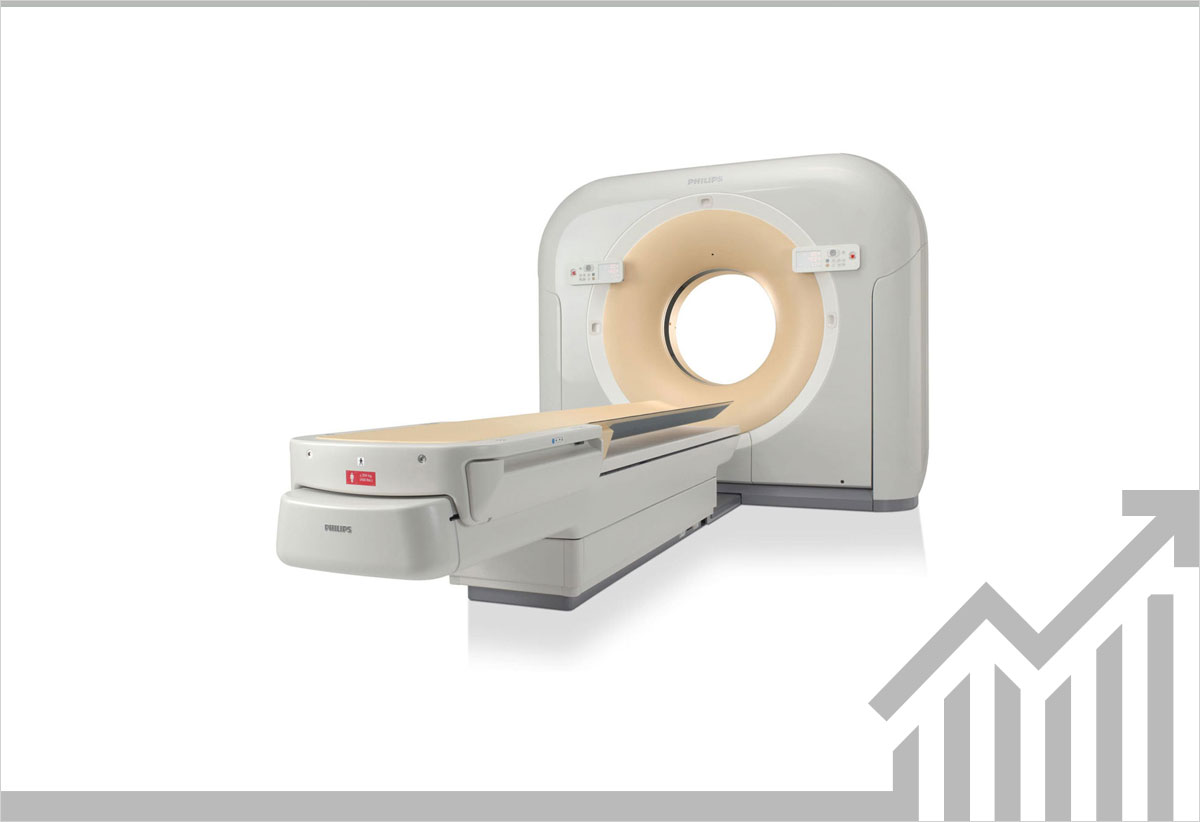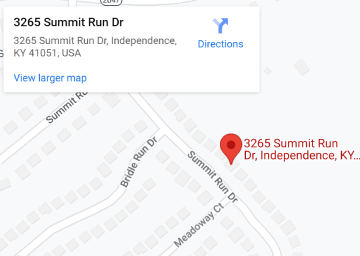Confused between CT scanner Slice? Which One Is Perfect For Your Clinical Practice?
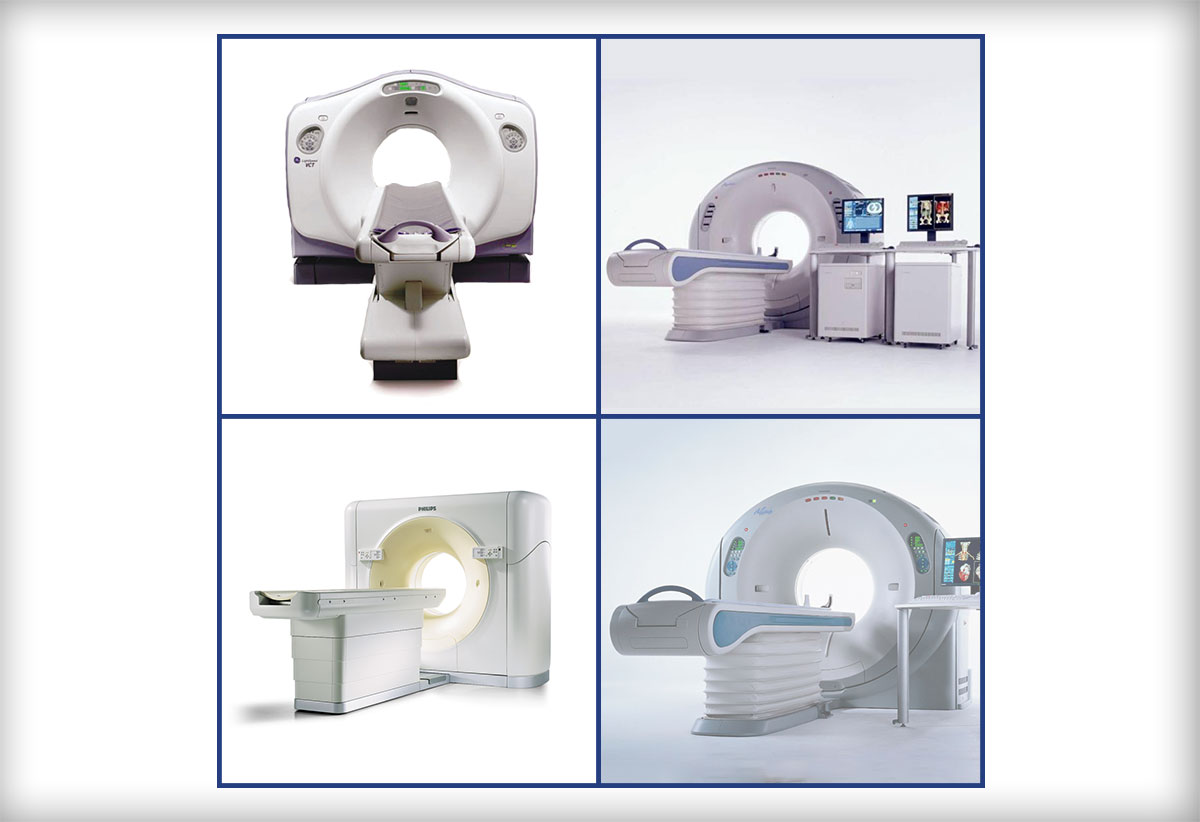
Many managers of medical centers and hospitals are always confused when they want to replace their CT scanner in order to stay in touch with the advances in medical fields. Before making the last decision, the most important thing to consider is the number of data slices you may need or think you may need. Keep in mind that this is not an easy decision to make because CT scanners are very expensive to buy and to operate. Another important tip is that a higher slice count decreases the scan time and at the same time produces a picture with higher resolution which can be used for some clinical studies. But, for many medical centers and hospitals, a lower slice count is completely sufficient. It is very important to consider the fact that this type comes with a lower price.
Here is a short explanation which would guide the hospital managers which CT scanner’s slice count and its most common uses:
- 4-slice CT: Because of the good throughput and the reasonable speed of this type of CT scanner and allows it to do well in many environments. It is a perfect match for a veterinarian and for a low-volume imaging center. Manufacturers claim that it is a great option for urology practices and similar medical centers which use the CT scanner once or twice per week.
- 16-slice CT: This type is the right spot for higher-use hospitals and medical facilities, where the patient’s flow is steady or this case here reduced scan time is a priority. If the manager of the medical center knows that the clinicians use the scan every day and have a lot of patients, this is probably the best solution for the hospital. It is also a great alternative in ER’s and urgent care centers and also for hospitals or high-volume imaging centers. The good news in this situation if you are purchasing a 16-slice CT scanner; you may find good prices on the market.
- 32 to 40-slice CT: This type of CT scanner provides a longer coverage than a 16-slice scanner which means that it results in shorter examination times and the chances of motion artifacts are reduced.
- 64-slice CT: It is good to know that these types of scanners are perfect for the world of cardiac and trauma or for a very high volume critical care centers. The speed and the sensitivity which are characteristic features of these scanners allows for “freeze-frame” imaging. This process minimizes the negative effects that muscle motion and heart have on picture quality. It is good to remember that the high speed of this CT scanner is very helpful in trauma sectors where the time is priceless.
- 128-slice CT: This type is a common solution in cardiac and also in the research institutions. It is the latest generation in a row of CT scanners and it is revolutionizing a non-invasive diagnosis. It is good that the device is able to scan the whole body in many seconds and provide sharp 3D high-quality images of any organ in the body.
It is good to consider the fact that a wide bore scanner posses a bigger gantry aperture and maximum reconstruction field-of-view when it is compared with the conventional CT scanners. Manufacturers define the number of slices the scanners offer. These types of scanners are bought for radiotherapy planning because they allow flexibility for positioning the patient in the position which is needed at the moment. From another point of view, they may be considered also for other applications especially where the increased aperture and the field-of-view are very beneficial. This means that it will be perfect for imaging bariatric trauma and also for intensive care patients.
Summary
Computed Tomography is marking a rapid progress since its beginnings. The current clinical applications are beneficial not only for the hospitals but for the patients too. The CT scans are great medical devices which are an effective, fast, and accurate way of assisting the medical clinician to make a diagnosis and later treat the patient’s condition. Because the CT scanner has become an important investigative tool in medicine, it is good for hospitals to invest in this device. This way the diagnosis would be easy to make and the treatment would be more exact.
It is good for managers to remember that they can always experience big cost savings when buying refurbished or used CT scanner for their medical practice, while still obtaining the warranty and service contracts the manager need and want. However, the managers know their budget and before purchasing they make an effective plan for how to spend their money. Buying a CT scanner for your practice is a big step and a conversation with a proper technical person would be a good thing.


